Accreditations
The Importance of Accreditations in Choosing a Construction Professional or Supplier
Accreditations and Certifications for UK Construction Suppliers
In the UK construction industry, selecting the right professionals and suppliers is crucial to the success of any project. Accreditations demonstrate a company’s commitment to quality, safety, and professionalism, and are one of the key indicators of a reliable and competent contractor. Accreditations should therefore be a top consideration for contractors and their customers.
What Are Accreditations?
Accreditations are formal recognitions awarded by authoritative bodies, confirming that a company meets specific industry standards. These standards often pertain to quality management, health and safety practices, environmental management, and ethical operations. Achieving accreditation typically involves rigorous assessments and ongoing compliance checks, ensuring that accredited companies consistently uphold high standards.

Why Accreditations Matter
Assurance of Quality and Competence
To become accredited companies must have demonstrated their ability to deliver services or products that meet established industry benchmarks. This assurance of quality reduces the risk of subpar work or materials, and leads to more successful project outcomes. Some project tenders will require one or more specific accreditations.
Enhanced Health and Safety Compliance
Health and safety are paramount in construction. Accreditations like CHAS (Contractors Health and Safety Assessment Scheme) and SafeContractor indicate that a company adheres to stringent health and safety protocols, minimising the risk of accidents and ensuring a safer working environment.
Streamlined Procurement Processes
Working with accredited suppliers can simplify procurement. For instance, Constructionline provides a register of pre-qualified contractors and consultants, allowing buyers to quickly identify companies that meet necessary standards, thereby reducing the time and resources spent on vetting processes.
Risk Mitigation
Accreditations often require companies to have robust risk management strategies. This proactive approach to identifying and mitigating potential issues can lead to fewer project delays and cost overruns.
Demonstrated Commitment to Continuous Improvement
Ongoing compliance checks are required by some accreditation-awarding bodies. This ensures that high standards continue to be met, and that areas for improvement can be monitored and acted upon.
Common Accreditations in the UK Construction Industry
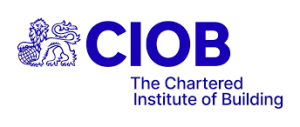 Chartered Institute of Building (CIOB)
Chartered Institute of Building (CIOB)
Recognises professionalism and competence in construction management. CIOB provides courses for continuous professional development.
Find out more here:
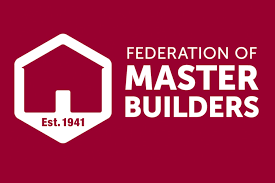
Federation of Master Builders (FMB)
A non-profit organisation that represents small to medium-sized building firms, ensuring quality and reliability. They have robust membership criteria, which safeguards their sound reputation as an organisation committed to high standards. The FMB provides a range of professional tools and resources, including networking and promotion, and skills development.
Find out more here:
https://www.fmb.org.uk/about-us.html
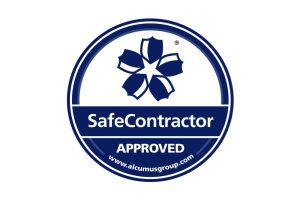
SafeContractor
Specialises in health and safety, sustainability and ethical compliance, for hiring clients, onsite contractors and offsite suppliers, verifying that contractors meet required standards. Join a network of over 50,000 organisations globally.
Find out more here: https://www.safecontractor.com/en-gb/

SSIP (Safety Scheme in Procurement)
SSIP is a standard for Health & Safety recognised throughout the UK. It is commonly requested by those within the house building industry but can be used for any sector to show Health & Safety compliance. SSIP is completed online and will not require any on-site auditing in order for you to pass. Depending on the member scheme you choose the number of questions may vary but for all schemes, you will need to meet the core criteria.
Find out more here: https://ssip.org.uk/

Construction Skills Certification Scheme
A CSCS card demonstrates that construction workers have the appropriate training for the work that they do. A CSCS card is not mandatory, but most of the major construction companies require one.
Find out more and apply here: CSCS.uk.com

Construction Plant Competence Scheme (CPCS)
Provides certification for plant operators in the UK. A CPCS card demonstrates that the carrier has the necessary skills, training and qualifications for the work they carry out. The card is recognised across all UK construction sites and is the most widely preferred card to comply with codes of practice for competence and certification.
Find out more here:

Electrotechnical Certification Scheme (ECS)
A partner to the CSCS card for workers in the electro-technical sector. Offers continuous professional development (CPD) and at-home or in-work assessments. The card proves qualifications, identity, occupations, industry experience, employer endorsements, health, safety and environmental health awareness, CPD, adherence to codes of professional practice and any additional disciplines.
Find out more: https://www.ecscard.org.uk/
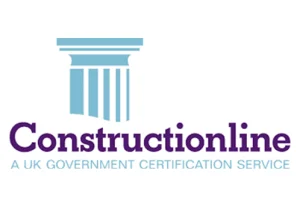
Constructionline
Offers a register of pre-qualified contractors and consultants, streamlining the procurement process. Uses the Common Assessment Standard (CAS) for suppliers to streamline the construction procurement process. Register for Safety Schemes in Procurement (SSIP) to reduce Health and Safety assessment duplication. Access free resources.
Find out more here: https://www.constructionline.co.uk/about/
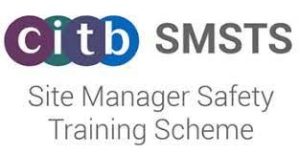
Site Management Safety Training Scheme (SMSTS)
This accreditation provides assurance that the holder is compliant with Health and Safety legislation. The certificate is valid for five years, after which a refresher course must be taken.
Find out more here: https://www.citb.co.uk/standards-and-delivering-training/site-safety-plus-ssp/courses-available/site-management-safety-training-scheme/
This course is also offered by other providers. You can search for them online.

Conclusion
Accreditations are more than just certifications; they are indicators of a company’s dedication to excellence, safety, and ethical practices. When selecting professionals or suppliers for your construction projects, prioritising accredited companies can lead to higher quality outcomes, safer work environments, and more efficient project execution.
At SpecifyHub, we are committed to promoting best practices in the construction industry. For more insights and guidance on navigating accreditations and selecting the right partners for your projects, explore our resources or contact our team for personalised advice.
Why Construction Accreditations Matter
In the competitive UK construction industry, accreditations serve as a hallmark of professionalism, safety, and quality. They not only enhance your company’s reputation but also open doors to new business opportunities and ensure compliance with industry standards.
Key Accreditations Explained

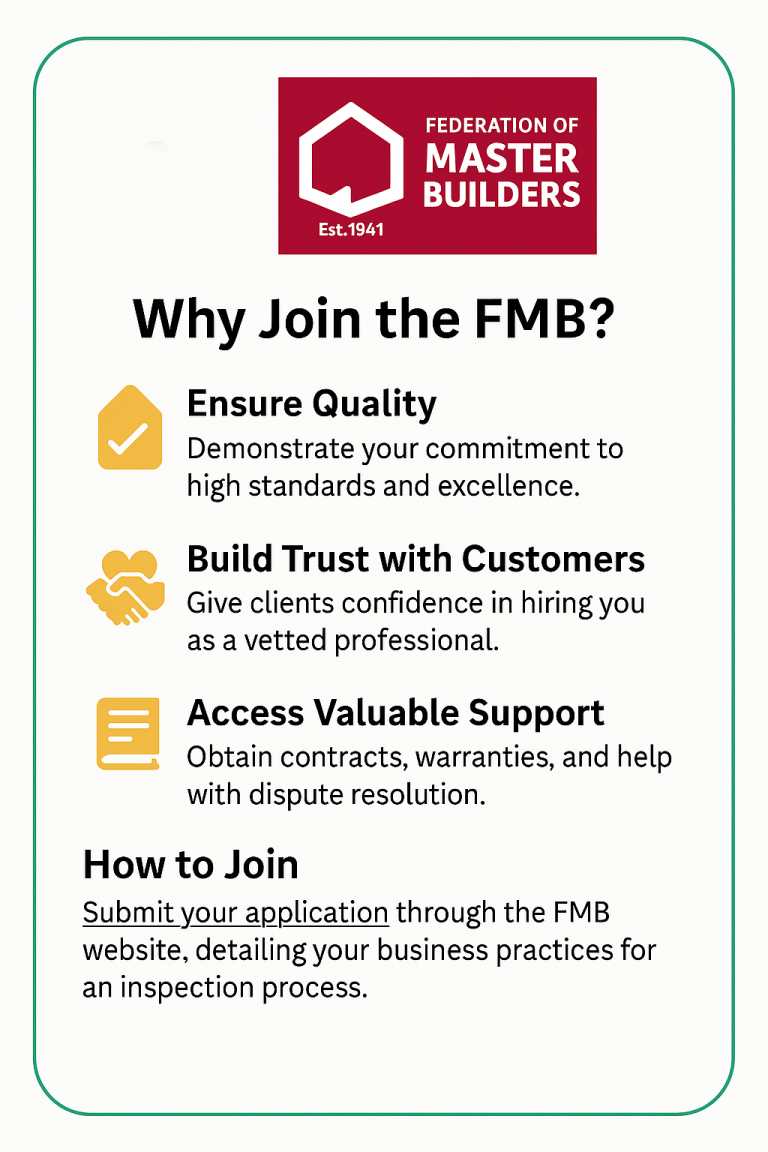
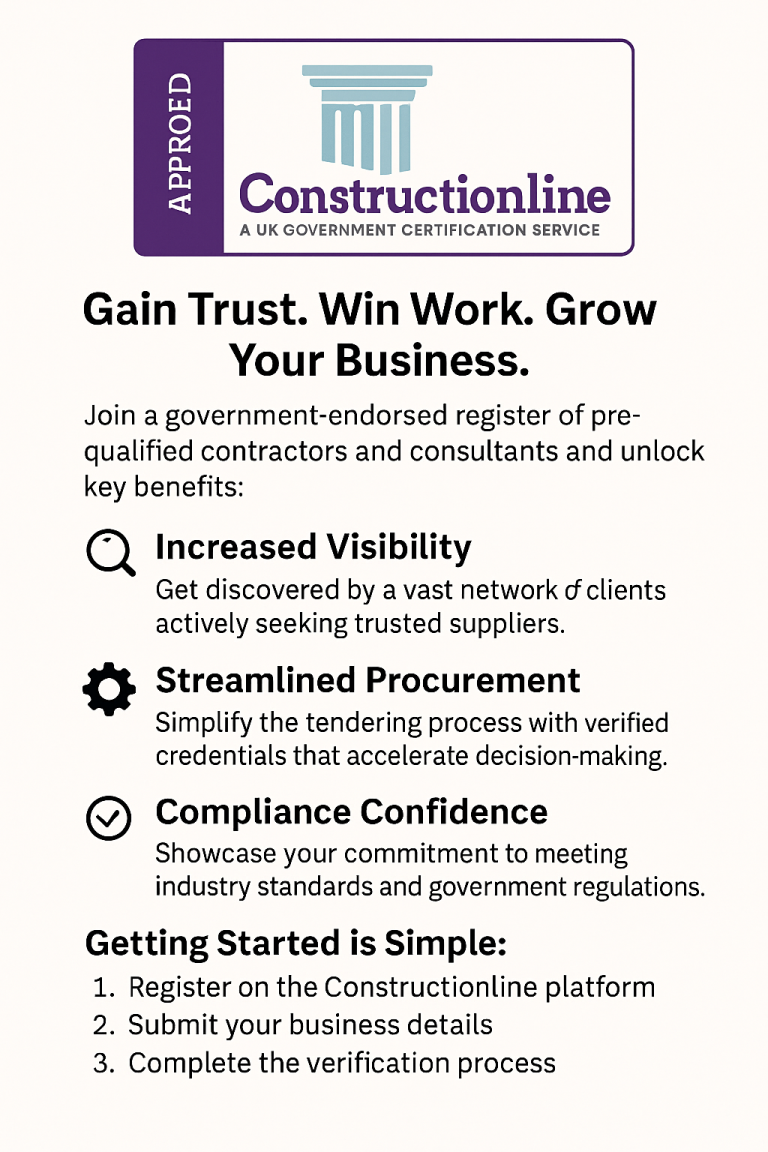
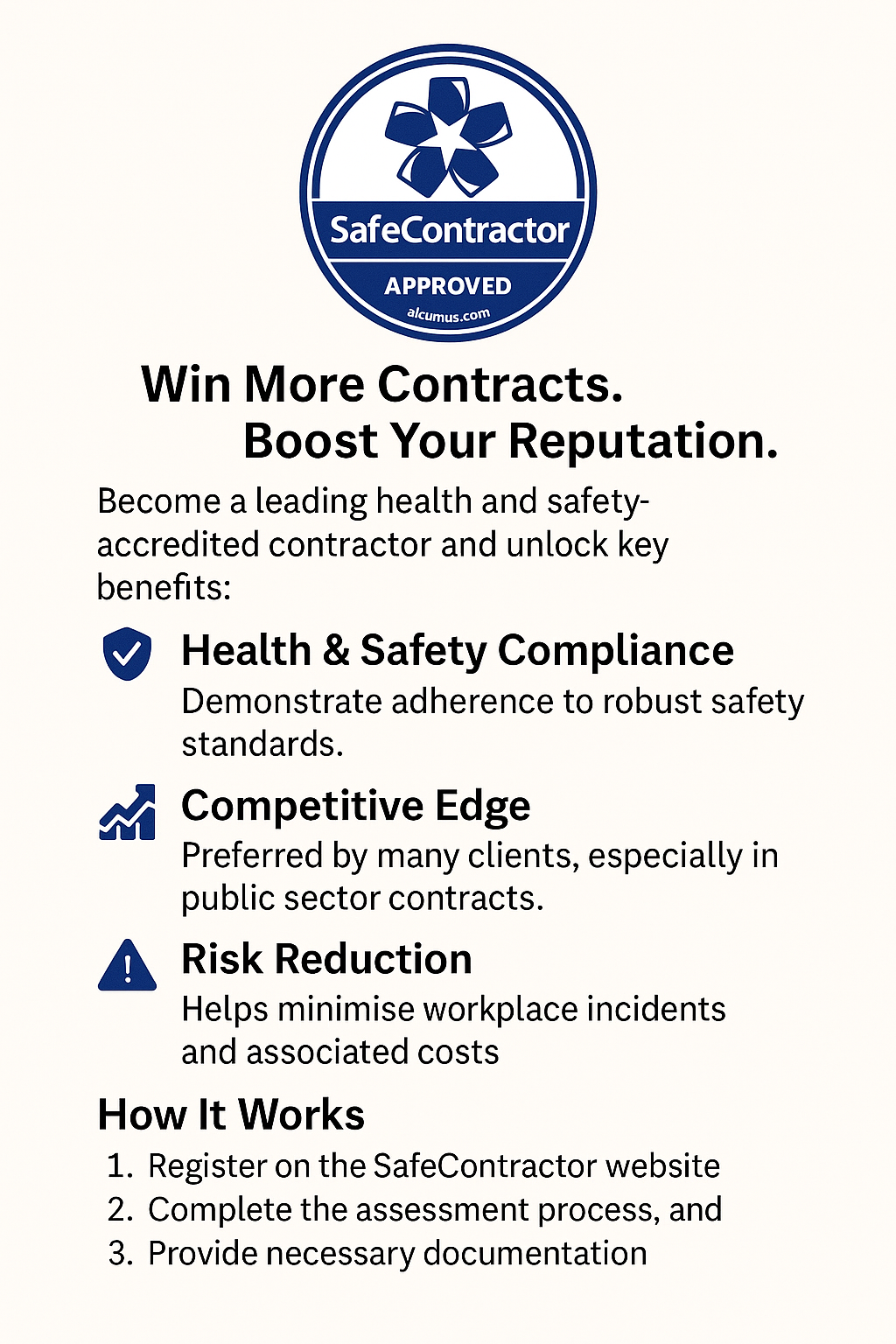
Why Pursue These Accreditations?
Build Trust: Accreditations signal to clients that your business meets high standards.
Access More Projects: Many tenders require specific accreditations for eligibility.
Enhance Professionalism: Demonstrates commitment to continuous improvement and excellence.
Stay Compliant: Ensures adherence to the latest industry regulations and best practices.
Next Steps
- Assess Your Needs: Determine which accreditations align with your business goals.
- Gather Documentation: Prepare necessary records, such as safety policies, insurance details, and past project information.
- Apply: Visit the respective accreditation bodies’ websites to begin the application process.
- Maintain Standards: Regularly update your practices to retain accreditations and stay ahead in the industry.
ISOs
ISO Certifications in UK Construction:
A Practical Guide
In the competitive landscape of the UK construction industry, demonstrating commitment to quality, safety, and environmental responsibility is paramount. ISO certifications serve as internationally recognised benchmarks that can enhance your company’s credibility, streamline operations, and open doors to new business opportunities.
What Are ISO Certifications?
ISO (International Organisation for Standardisation) certifications are formal recognitions that a company adheres to specific international standards in various aspects of its operations. For construction firms, these certifications can validate processes related to quality management, environmental practices, health and safety, and information management.

Key ISO Certifications for the Construction Industry
ISO 9001 – Quality Management Systems
Purpose:
The internationally-recognised Quality Management System (QMS) standard. This assures customers that their best interests are being served by strong customer focus, continual professional development (CPD), and strong management principles and processes. Find out more here: https://www.iso.org/about
Benefits:
Streamlined processes and reduced errors.
Improved client trust and satisfaction.
Competitive advantage in bidding for contracts.
ISO 14001 – Environmental Management Systems
Purpose:
A certification that demonstrates that the business is taking sustainability and environmental impacts into consideration. Having this accreditation assures customers and the public that the business is meeting standards. Find out more here: https://www.iso.org/about
Benefits:
Efficient resource utilisation and waste reduction.
Compliance with environmental regulations.
Enhanced corporate image and stakeholder confidence.
ISO 45001 – Occupational Health and Safety Management Systems
Purpose: Provides a framework to manage and improve health and safety performance.
Benefits:
Reduced workplace incidents and absenteeism.
Demonstrates a proactive approach to employee well-being.
May lead to lower insurance premiums.
ISO 19650 – Building Information Modelling (BIM) Standards
Purpose: Standardises information management using BIM throughout the asset lifecycle.
Benefits:
Improved collaboration and communication among stakeholders.
Enhanced project efficiency and reduced costs.
Alignment with UK government mandates for public sector projects.
How to Obtain ISO Certifications
Gap Analysis: Assess your current processes against the requirements of the desired ISO standard.
Develop Documentation: Create necessary manuals, policies, and procedures that align with the standard.
Implement Changes: Integrate the new processes into daily operations and train staff accordingly.
Internal Audit: Evaluate the effectiveness of the implemented system and identify areas for improvement.
Certification Audit: Engage an accredited certification body to conduct an external audit.
Continuous Improvement: Regularly review and enhance your management systems to maintain compliance.
Organisations like CHAS and QMS International offer guidance and support throughout the certification process, ensuring a smooth journey towards achieving ISO standards.


ISO Certifications and Tendering Success
Holding relevant ISO certifications can significantly enhance your prospects in tendering processes:
Pre-Qualification: Many clients, especially in the public sector, require ISO certifications as part of their supplier criteria.
Demonstrated Competence: Certifications showcase your company’s commitment to best practices and continuous improvement.
Competitive Advantage: ISO-certified companies often stand out in crowded markets, increasing their chances of winning contracts.
According to the Federation of Master Builders, ISO certification is often a minimum requirement when bidding for work.
Conclusion
Investing in ISO certifications is more than a compliance exercise; it’s a strategic move that can drive operational excellence, enhance your reputation, and unlock new business opportunities. By aligning your construction business with internationally recognised standards, you position yourself as a trusted and competent partner in the industry.
For more insights and assistance on achieving ISO certifications, explore our resources at www.specifyhub.co.uk.
Note: Always consult with a qualified certification body or consultant to guide you through the ISO certification process tailored to your specific business needs.
By understanding and obtaining these accreditations, construction professionals can significantly enhance their business prospects and reputation in the UK market.
If you need assistance with the application process or have questions about specific accreditations, feel free to reach out or leave a comment below. Let’s build a safer, more professional construction industry together!
